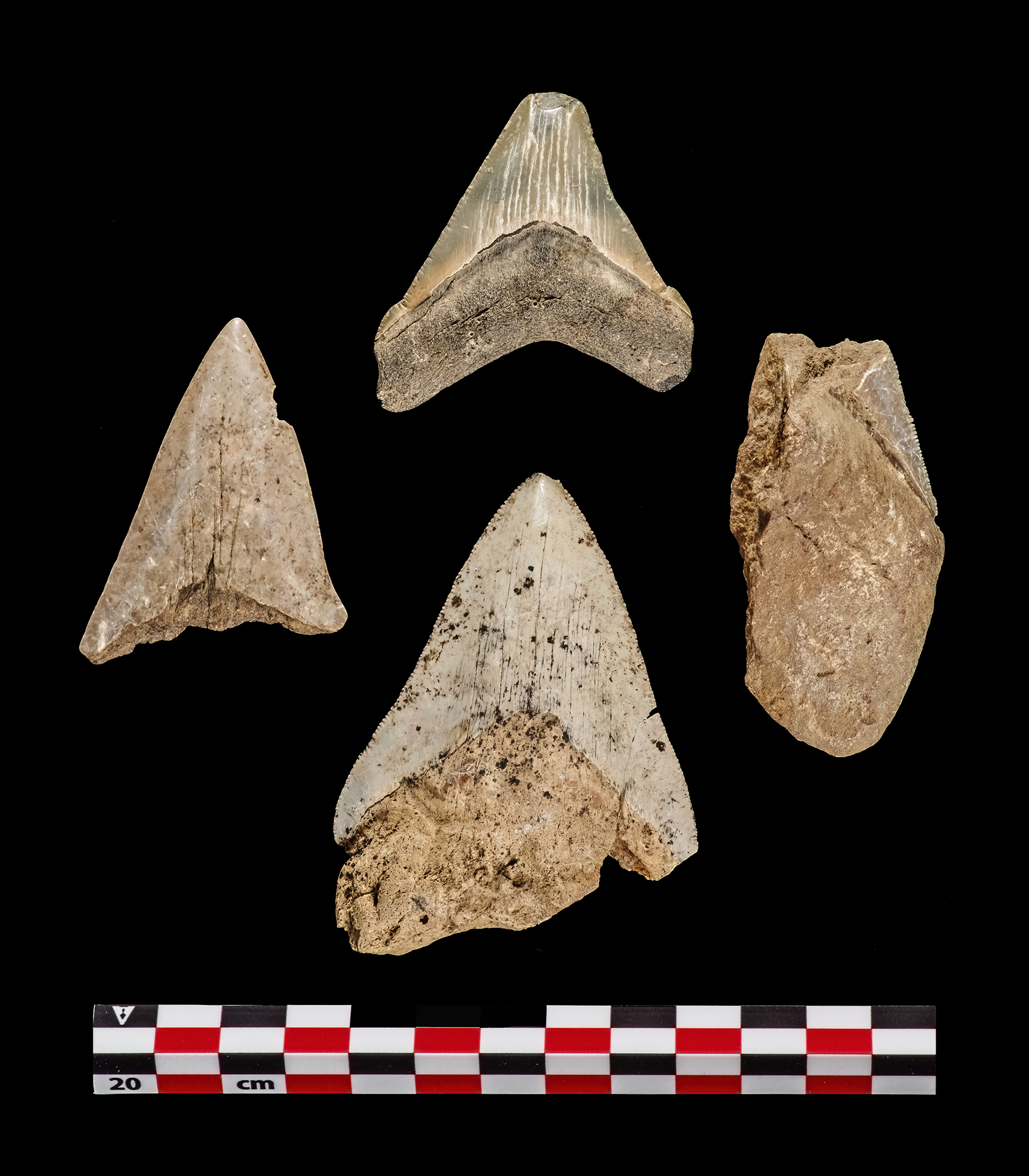
The teeth of sharks may become increasingly fragile due to the acidification of the world’s oceans, a consequence of rising carbon dioxide levels.
This finding was made by scientists at Heinrich Heine University Düsseldorf, who gathered naturally shed, whole teeth from the aquarium floor within a blacktip reef shark habitat. They proceeded to incubate these teeth for eight weeks across two distinct tanks, one maintaining a pH of 8.1 to reflect current ocean conditions and another at a pH of 7.3, which aligns with the projected level for the year 2300.
Utilizing scanning electron microscopy, the researchers observed that the teeth subjected to more acidic environments displayed corrosion on the root, crown, and serrations. The erosion of serrations could affect the hunting capability of the species. Additionally, structural deterioration weakens the tooth as a whole, raising its fragility. To complicate this issue, blacktip sharks swim with their mouths open to facilitate water flow over their gills for adequate oxygenation, thus fully exposing their teeth to the acidifying ocean waters.
Nevertheless, the authors caution that outcomes may vary in living creatures. Previous research has indicated that certain shark species enhance fluoride levels in their teeth in reaction to ocean acidification, which may serve to safeguard their teeth. Therefore, they advocate for future research to investigate beyond the chemical impacts on non-living tissues, encompassing the actual chemical structure and mechanical strength in living sharks.